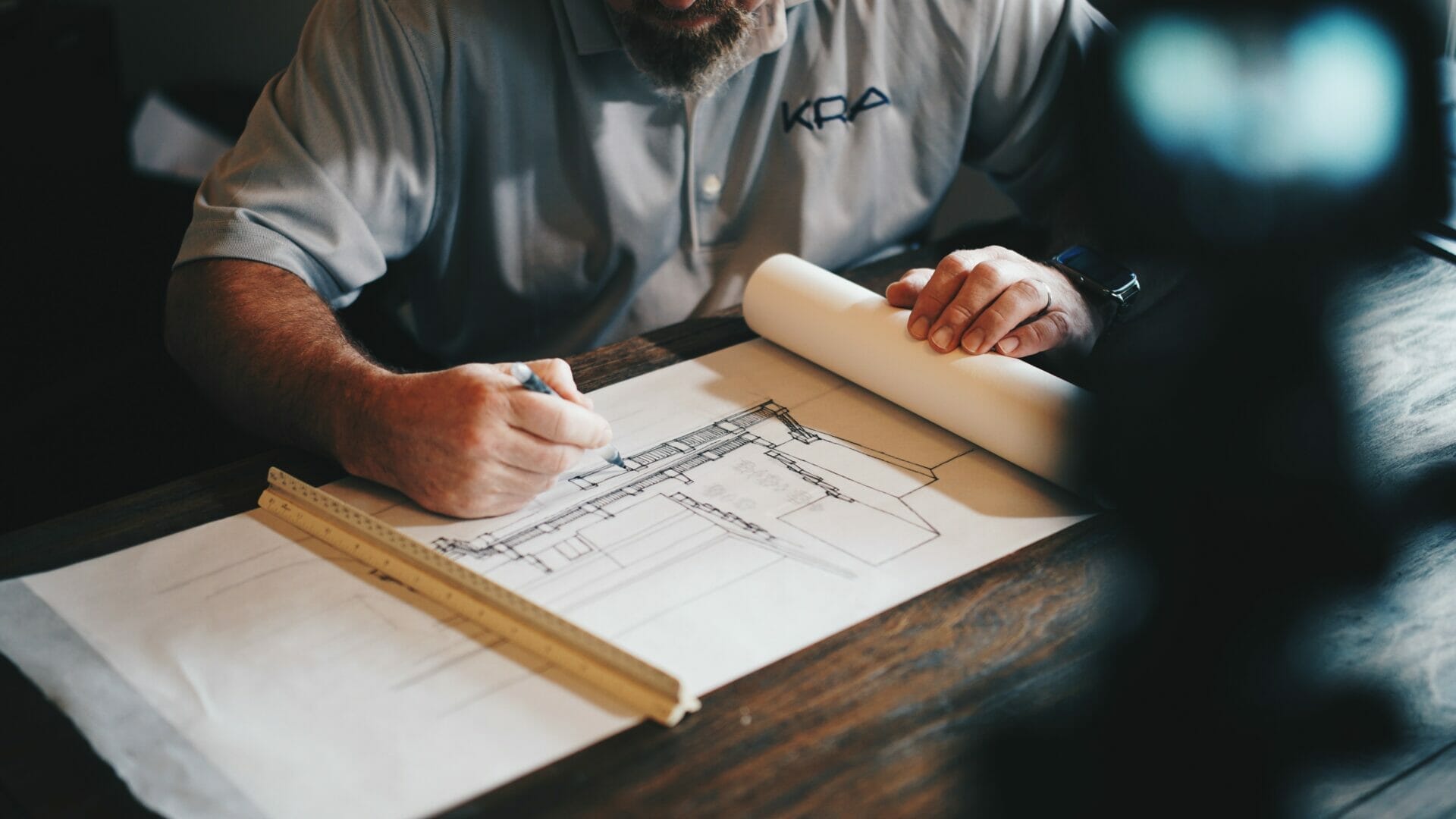Are you looking to learn on how to rank your website on the top pages of Google? Are you looking for “SEO for Architects“? Do you want to have more clients that are looking for your services as an architect? Then this is the right place for you because SEO or search engine optimization is the perfect answer.
With SEO for Architects, you can have the best opportunity to have your website be more visible on search engines like Google, Yahoo, Bing, etc. With the right SEO strategy, techniques, and understanding what it could do for you, this will result in your website being able to organically rank high on search engines which can result in having more clients in the long run.
What is SEO?
The term “search engine optimization,” or SEO, refers to the practice of improving your website to increase its organic visibility when clients conduct searches for products or services associated with your line of work as an architect on Google, Bing, Yahoo, and other search engines. The more visible your pages are in search engine results page (SERP), the more likely it is that you’ll get discovered and draw both new and returning customers to your business.
A solid SEO strategy is necessary to increase both the quality and volume of traffic to your website because organic search is the most successful way for users to find and access online content, especially if you’re thinking of a long-term goal.
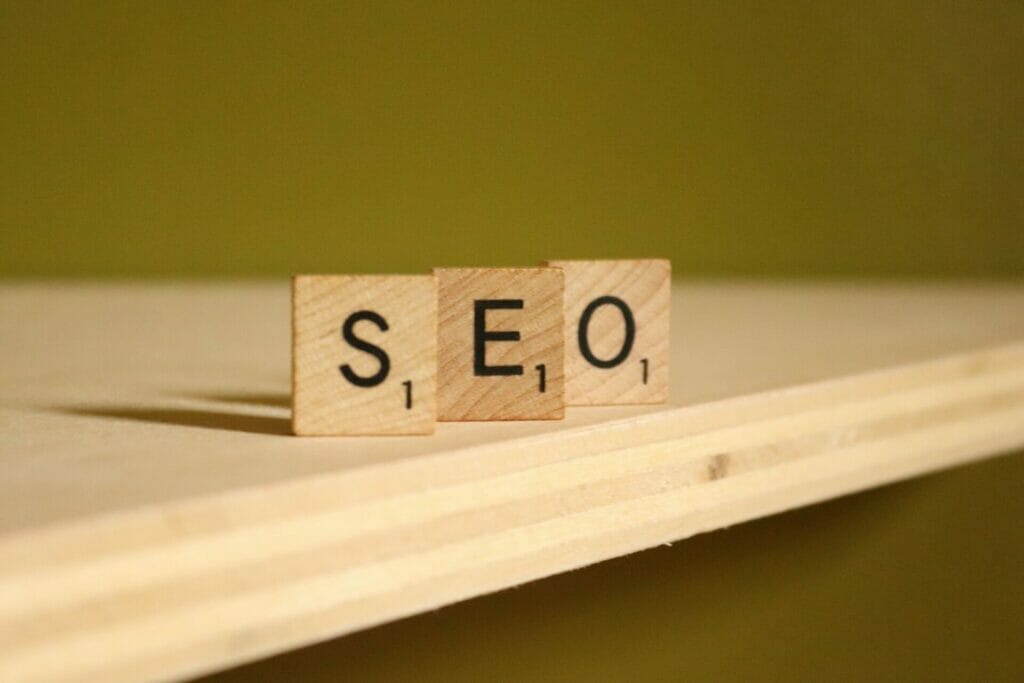
How does SEO work for Architects?
Crawlers, often known as bots or spiders, are used by search engines like Google and Bing to collect data on all the content they can locate online, and put them in an index. A known web page serves as the starting point for the crawler, which then follows both internal and external links to other pages on that same site.
The crawler is capable of understanding each page’s content and how it is connected to every other page in the search engine’s massive database, called index. Imagine the index as a huge library where a librarian can bring up a specific book (or web page) to assist you find whatever it is you’re looking for.
These organic results can be anything from text-heavy web pages, pictures, videos, articles, listings for local businesses, or any other content that the user is searching for.
Unlike paid search ads like Google Ads or Bing Ads, SEO experts will really need to put in the time and effort for their website to rank high in the search engine results page because you can’t pay search engines to have a high organic search ranking. You will need to optimize your website and make sure that you are producing content that is reliable and useful for the algorithm to rank your website.
Why is SEO very important?
Whenever you have a question or you’re looking for a specific thing, the first thing that the majority of people do is search it in Google. SEO is important because it makes your website more visible to people, meaning more traffic and more opportunities to convert people visiting your website as clients.
Having the right strategy for SEO makes your website rank higher, and the majority of people click one of the top 5 suggested results in the search engine results page. Having a well-optimized website is beneficial for the user’s experience, and this could help build up your website’s trust.
Benefits of SEO for Architects
There are many reasons why SEO is beneficial for your company as an architect:
- SEO is free. Unlike Google Ads, you don’t have to pay a single dime for you to get clients. As long as your website is optimized and you’re providing reliable and relevant content, then your page will surely rank. And when they do rank, it just means more traffic and more possible clients for you.
- SEO is good for your company long-term wise. A lot of companies or businesses start with Google Ads because it shows fast results. SEO takes a lot of time to build, and the results won’t show right away. But over time, it will surely build up and be impactful to your company’s success. You have to dedicate time and effort in content creation and on-page optimization to see its best results. You have to view SEO as an investment for your long-term success.
- SEO provides high quality organic visibility, leading to increased website traffic. If a person searches for a specific query like “architects near me”, it will already show what the user is mainly looking for, and it definitely results in high-quality traffic to your website.
- SEO increases trust and credibility to your website. Being able to rank on the top pages of Google increases the credibility of your website to clients. They expect Google to show the most relevant and valuable content first. Trust is developed on search engine authority and a high-quality product or service that builds credibility among visitors.
- SEO provides 24/7 promotion and it does not stop after work hours. The content you make for your website will always be there. It allows you to reach your targeted audience because they’re already searching for you.
Are you looking for someone to do the SEO work for you? Book a free consultation with us!
Types of SEO
There are many different types of SEO, but we will mainly focus on these:
- On-Page SEO
- Off-Page SEO

On-Page SEO for Architects
On-page SEO (search engine optimization) is the process of optimizing the content of web pages on your website to enhance user experience and rankings. A good on-page SEO helps users understand what a page is about and if it answers their search queries. It is important that the content you provide is useful and relevant to what people are searching for.
There are different elements of on-page SEO, which include:
- Keywords
- Using H1 and H2 Tags
- Internal and external links
- Optimizing URLs
- Optimizing Title Tags and Meta Description
- Unique, valuable, and optimized content
- Images and alt tags
- Page speed
Keywords
Keywords are words or phrases that help search engines understand the topic of what your content is about. This is what people search for in Google.
It is important to use your main target keyword in the first paragraph of your content. It makes the purpose of your content or topic very clear right from the start. Keywords that appear early on your page are given higher weight by Google.
Keep in mind that the search engine algorithm searches for keywords and phrases that give information about your content and the type of information it contains. Using related keywords throughout your content also helps Google or search engines understand what your page is all about.
You can use short-tail keywords, which are search terms under three words. This covers a broad range of topics making it a high search volume and might be difficult to rank for.
Examples:
- Architectural services
- Architectural design
- Residential architect
You can also use long-tail keywords, which are search terms over three words. This tends to be more specific on the topic, but less traffic search overall. Even though it is a low traffic search query, long-tail keywords have higher conversion rates because people who search this will most likely buy the product or service.
Example:
- Home Architecture Firm in Los Angeles
- Best commercial architect in San Diego
If you’re a local business, keywords like “architect near me” or “architectural services in LA” can really help you focus on your targeted area.
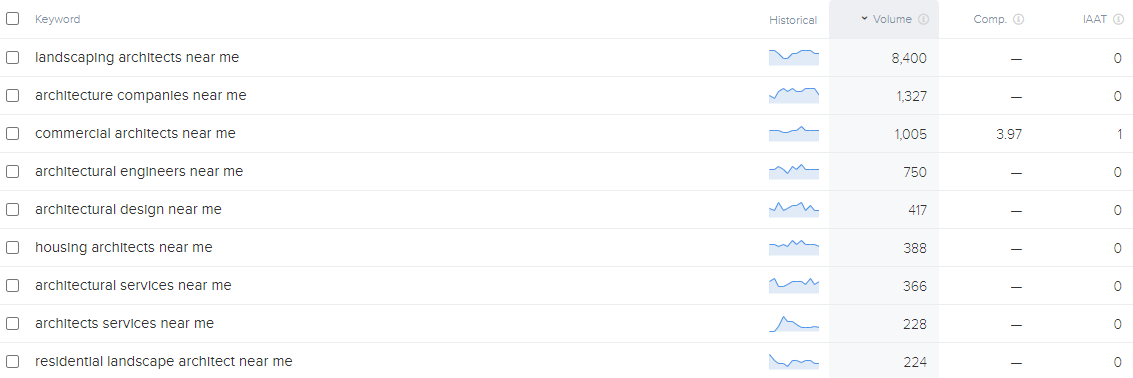
Using H1 and H2 Tags
Using H1 Tags based around your focus keywords helps because it is like a mini title tag. Google has stated that H1 tag helps Google understand the structure of the page, just like it helps users understand the structure of the page.
Using your focus keyword or related keywords on H2 Tag can also boost your on-page SEO.
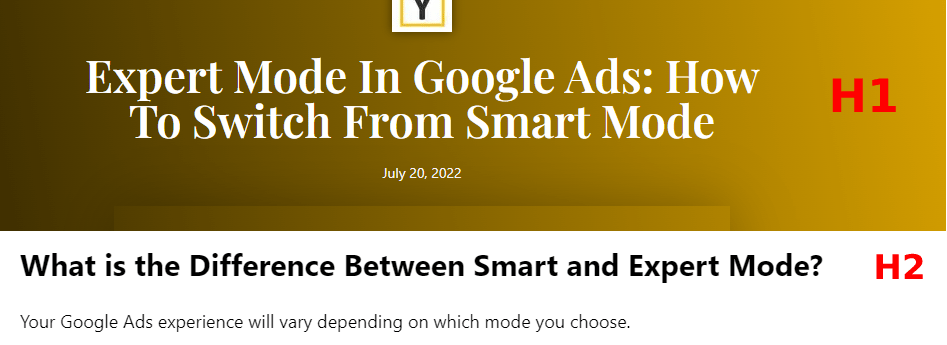
Internal and external links
Links that lead one page on your website to another page on your website are called internal links, while links that direct from one website to another are called external or outbound links.
Inbound and outbound links are often used to provide additional information about a certain topic or content or to provide authoritative sources for a fact.
By having a strong internal linking structure, it makes it easier for users to further interact with your website, as they might continue to browse and explore your website. It also helps Google crawl your website more easily.
Outbound links or external links don’t really directly help boost your website’s ranking, but it can help build trust with your visitors because you provide them with content from credible sources.
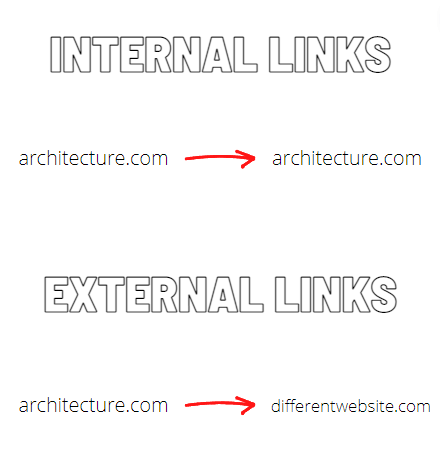
Optimizing URLs
Your website’s URL structure also offers significant SEO advantages. It is more evident what topic this particular page will cover when you create a URL that contains focus keywords. Make sure your URLs are concise and clear. Keep it short and avoid using stop words like a, an, the, is, are, etc., if needed.
Example URLs:
- architecture.com/services/architectural-design-LA/
- architecture.com/blog/art-of-architecture/
- architecture.com/tips-for-young-architecture-professionals/

Optimizing Title Tags and Meta Description
Your title tag is the most important on-page SEO factor. Within the search engine result, a title tag is displayed above the meta description and below the URL. In addition to influencing rankings, the title tag informs users who are viewing the results page about the content of your website.
Using modifiers like “best”, “guide”, “top #”, “fast”, and “review” can help your page rank for long-tail target keywords.
Meta descriptions don’t really contribute to boosting your rankings, but it can help increase your click-through-rate (CTR). A good meta description helps your result stand out, which can boost your organic CTR.
Over 70% of the time, Google rewrites the meta descriptions. But it is still important to write them for each web page. You should include your keyword in the meta description because Google bolds terms that match a person’s search query.

Unique, valuable, and optimized content
Content is all that matters in the world of SEO. Google provides its searchers what they’re specifically looking for, so it prioritizes relevant, valuable, and optimized content that answers or fulfills the user’s queries.
Having unique content means creating something that isn’t already found on other websites. It could be something new that’s not done before like a new strategy or tips, a new step-by-step guide, a better list of resources, better design, new case study, etc. It helps you standout from your competition, but can also you prevent any accidental plagiarism, which can affect your website’s trustworthiness negatively.
Your content does not only need to be unique, but also very valuable. Make sure that your content is detailed by adding images, screenshots, or step-by-step to make it easier to understand. Having a strong copywriting will also help make your content more engaging. Having your content be an updated material helps and goes a long way as well. People would rather read on updated content than outdated ones.
Optimized content is content that balances authoritative text backed up by keyword research. If you have optimized content, people will have a better user experience. One of the tools you can use is the Hemingway App which shows the readability of your content. The easier it is to read, the easier it is for people to understand your content.
Images and alt tags
People aren’t really that interested in a web page full of text. Adding images are helpful because they elevate your content, and users are most likely to show higher signs of engagement.
You would want to give every image on your website descriptive file names and alt tags because it helps Google understand what the image is about. Make sure your image is optimized around your target keyword, so use your keyword on your file name and alt tags. Creating your own image for your content is a bonus.
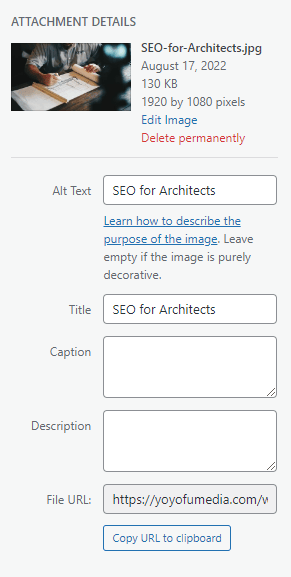
Page speed
Page speed refers to how fast your website loads. It is a big possibility to lose traffic or viewers of your website if your pages load slowly.
If your architecture website is loading slow, you might want to check the image sizes in your website. This is usually the reason for the slow loading time, and you would want to compress the images or use plugins or other tools to help.
Do you need help in setting up your on-page SEO? Book a free consultation with us!

Off-Page SEO For Architects
Off-Page SEO, often known as off-site SEO, refers to all the activities taken outside of your own website to boost the ranking of a page within the search engines.
There are many off-page SEO tactics you can use, including:
- Building quality backlinks
- Google My Business
- Citations
- Reviews
Building quality backlinks for your Architectural Page
Backlinks are currently the most important off-page SEO factor. Basically, backlinks are links from other websites that lead back to your website. Earning backlinks from authoritative and relevant websites help position your website as an authority, which helps search engines determine that your website is trustworthy and relevant.
There are many ways for you to get backlinks from other websites, but the most important thing you need to focus on is creating content that is high-quality, unique, and share-worthy.
One of the strategies you can use is posting or sharing your architectural content on Facebook, Twitter, LinkedIn, Instagram, or any social media platform. You want to build a presence and try to establish yourself in the architecture business. If people like the content you produce, then they’ll most likely share it with their peers or audience.
You can also join architectural groups or forums and engage with people there. You can join Facebook groups, Reddit, and other forums that share similar interests.
Another strategy is guest blogging. This is an effective strategy for growing your following and exposing your work to new audiences. You can reach out to companies and businesses and offer your service for guest blogging through social media or email. Guest blogging is time consuming but definitely pays off as it is an essential part of any SEO strategy.
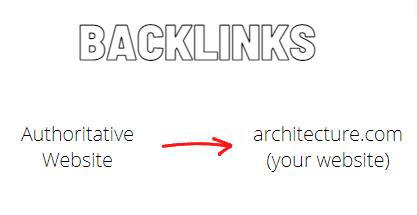
Google My Business
Google My Business plays an important role in the online presence, especially for local businesses. According to GoGulf, 46% of all Google searches are looking for local information. Google also says that 4 in 5 consumers use search engines to find local information.
Google My Business lets you appear in the map pack, which is the top 3 results for local searches. With your architectural service being in the map pack, this will surely help increase traffic to your website and attract more clients to your business.
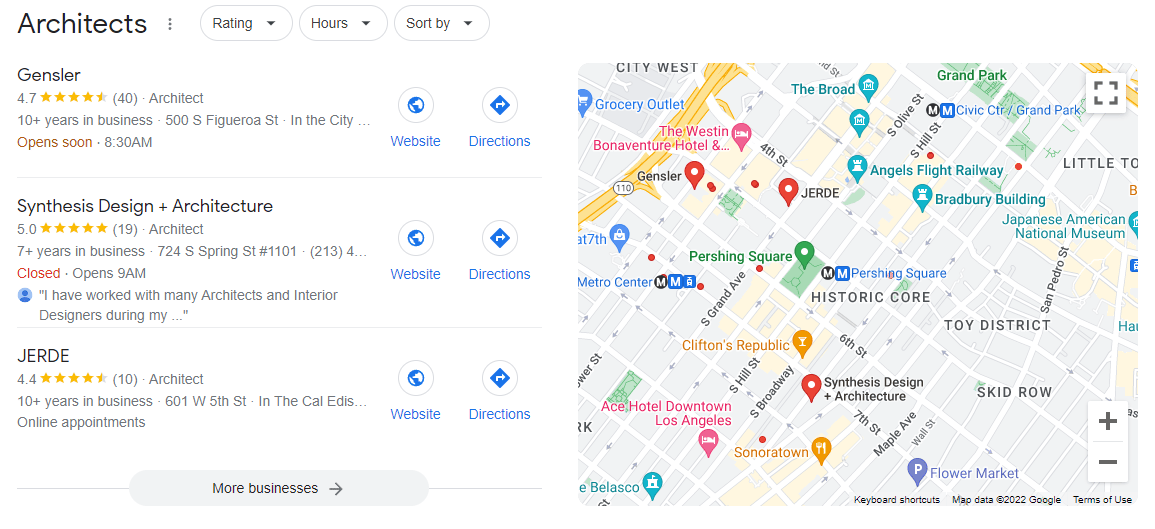
Creating a Google My Business is easy and only takes a few minutes. Make sure that your NAP (Name, Address, Phone Number) is accurate and consistent.
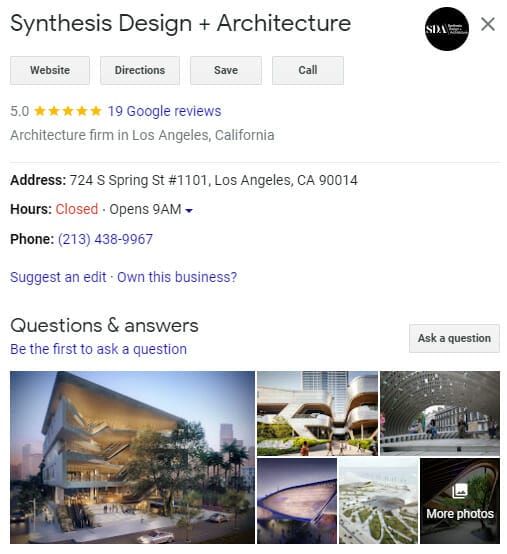
Citations
A citation is a mention of your business online that refers to your business’ NAP (name, address, phone number)
Citations are very important, especially if your business is targeting local areas or want to show up in the map pack.
You have to make sure that your citations are consistent. You need to allot some time to ensure that your NAP references are matching. For example, your architectural business’ NAP should be matching and consistent throughout GMB, Yelp, Yahoo, Facebook, YellowPagesCity, etc.
Reviews
Reviews are one of the most underrated off-page SEO strategies. Reviews can help Google understand your website better. It can help boost your website’s domain authority and also help with its ranking.
If your architectural services have collected great reviews on different platforms, Google will see your business as relevant and trustworthy. Not only will you gain trust from Google, but also possibly from customers, which can lead to more clients or conversions.

Other Types of SEO
- Technical SEO – Technical SEO is the process of enhancing a website’s technical components in order to raise the ranking of its pages in search results. The three pillars of technical optimization include making a website faster, easier to crawl, and understandable for search engines. On-page SEO, which focuses on enhancing elements of your website to improve rankings, includes technical SEO.
- Local SEO – By analyzing their behavior through trillions of searches, local SEO assists businesses in connecting with the local market.
- Ecommerce SEO – It helps in building your online store website so that it appears higher on search engine results pages whenever someone searches for a product or service.
- International SEO – International SEO boosts organic traffic from different countries and languages to your website.
- Mobile SEO – Mobile SEO is the practice of optimizing a website for search engines while also making sure that it can be properly viewed on mobile and tablet devices.
Tracking your SEO Progress
Once you have everything set up for your website, you can now begin to track your progress. You can use Google Search Console to find out the rankings of your content or pages. Not only does it show your position, but it also shows engagements like how many clicks and impressions your website is getting.
With this, you will know if your SEO strategies are working and can help you determine what you need to improve on next time.
Recap of SEO for Architects
SEO is definitely something you need to put the time and effort in. It is a continuous process and learning that you need to work on and monitor for the betterment of your architectural business. SEO success doesn’t just happen overnight, but it comes over time if you’re consistent and create good content.
By implementing these SEO strategies, your efforts will not be wasted and will bear fruit by increasing traffic and conversions to your website.
If you have any questions, don’t hesitate to contact us so you can schedule a free strategy session to know more about SEO and how you can get more clients.
Schedule a Free Strategy Session
Other Related Articles from YoyoFuMedia:

